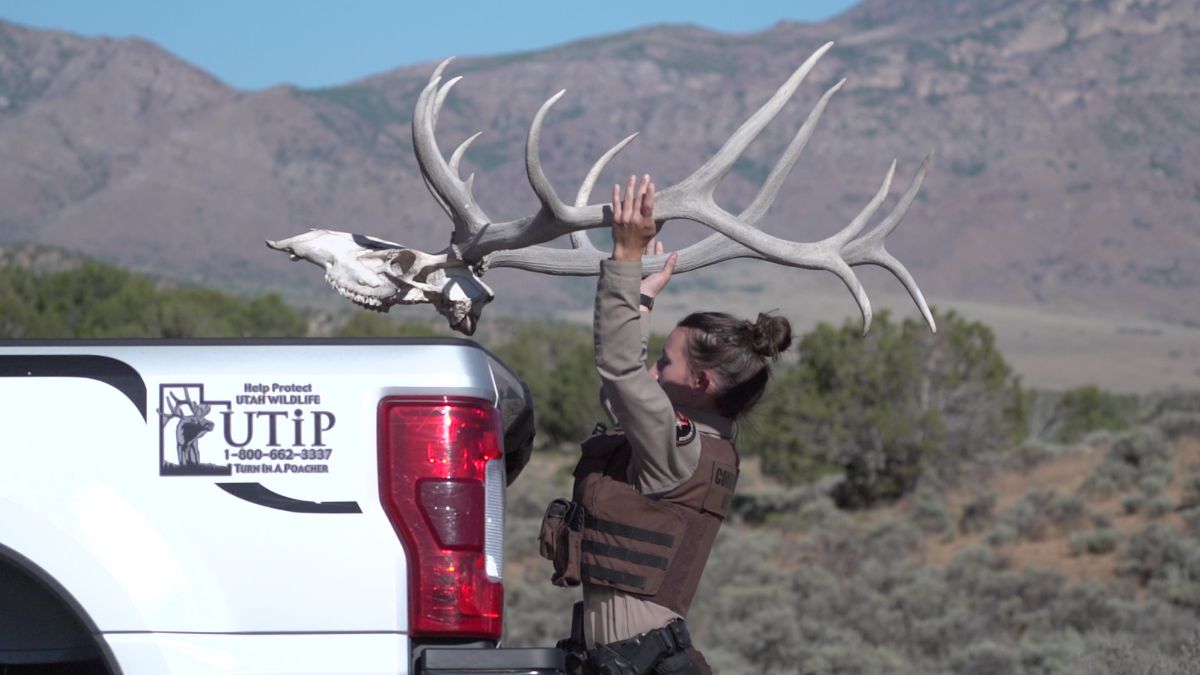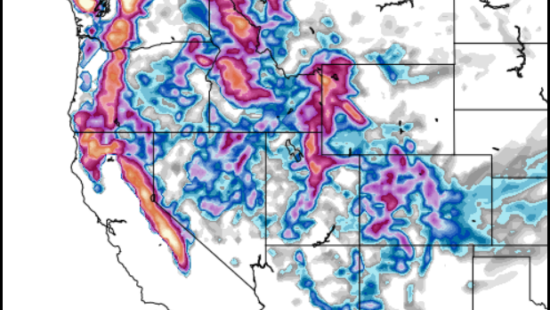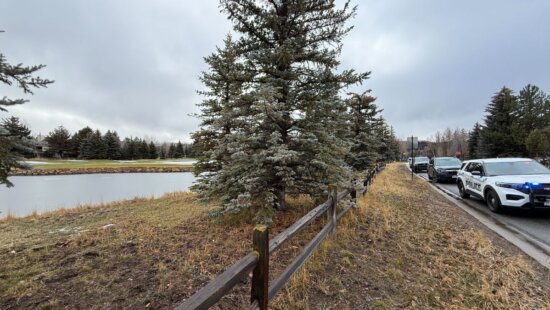Wildlife
173 wildlife illegally killed in Utah since August 1

Photo: courtesy of the Utah Division of Wildlife Resources
SALT LAKE CITY — The Utah Division of Wildlife Resources (DWR) has reported that 173 wildlife have been illegally killed since August 1.
With several of Utah’s hunting seasons in full swing, DWR conservation officers have contacted roughly 10,000 individuals between August 1 to September 11, and inspected the hunting and fishing licenses of 4,300 people.
From those interactions, conservation officers have discovered 173 illegally killed animals, including big game animals, fish and furbearing animals.
“Hunters need to take responsibility for knowing the law, having a current hunting or combination license and also knowing what species and areas their permits allow them to hunt before they go out into the field,” said Chad Bettridge, DWR captain.
Officers have issued 500 citations during this time period, and are now asking the public to continue to report any poaching violations they witness this hunting season.
If you spot someone committing a wildlife violation, the DWR recommends recording the violators license plate number, and as many details about the individual that you can. Do not confront the individual yourself.
“We don’t want anyone to be put in harm’s way or to be in a situation that makes them uncomfortable,” Bettridge said. “Report what you saw, and let us contact them.”
Wildlife violations can be reported to the DWR through the following channels:
Text officers at 84741.
Call the Utah Turn-in-a-Poacher hotline at 1-800-662-3337 (The UTiP hotline is staffed 24 hours a day, seven days a week and is the quickest way to report a wildlife violation. This is not an information hotline, only call to report wildlife violations).
Use the UTDWR Law Enforcement app
Report online through the DWR website
You can also call your local police dispatch to report a wildlife violation, however, only call the police if you are absolutely certain you have witnessed a poaching violation.
“We need your help,” Bettridge said. “Please keep your eyes and ears open and report suspicious activity to us. Working together, we can enforce wildlife laws, which help with wildlife conservation and maintaining healthy populations, and also keep our recreating public safe.



















